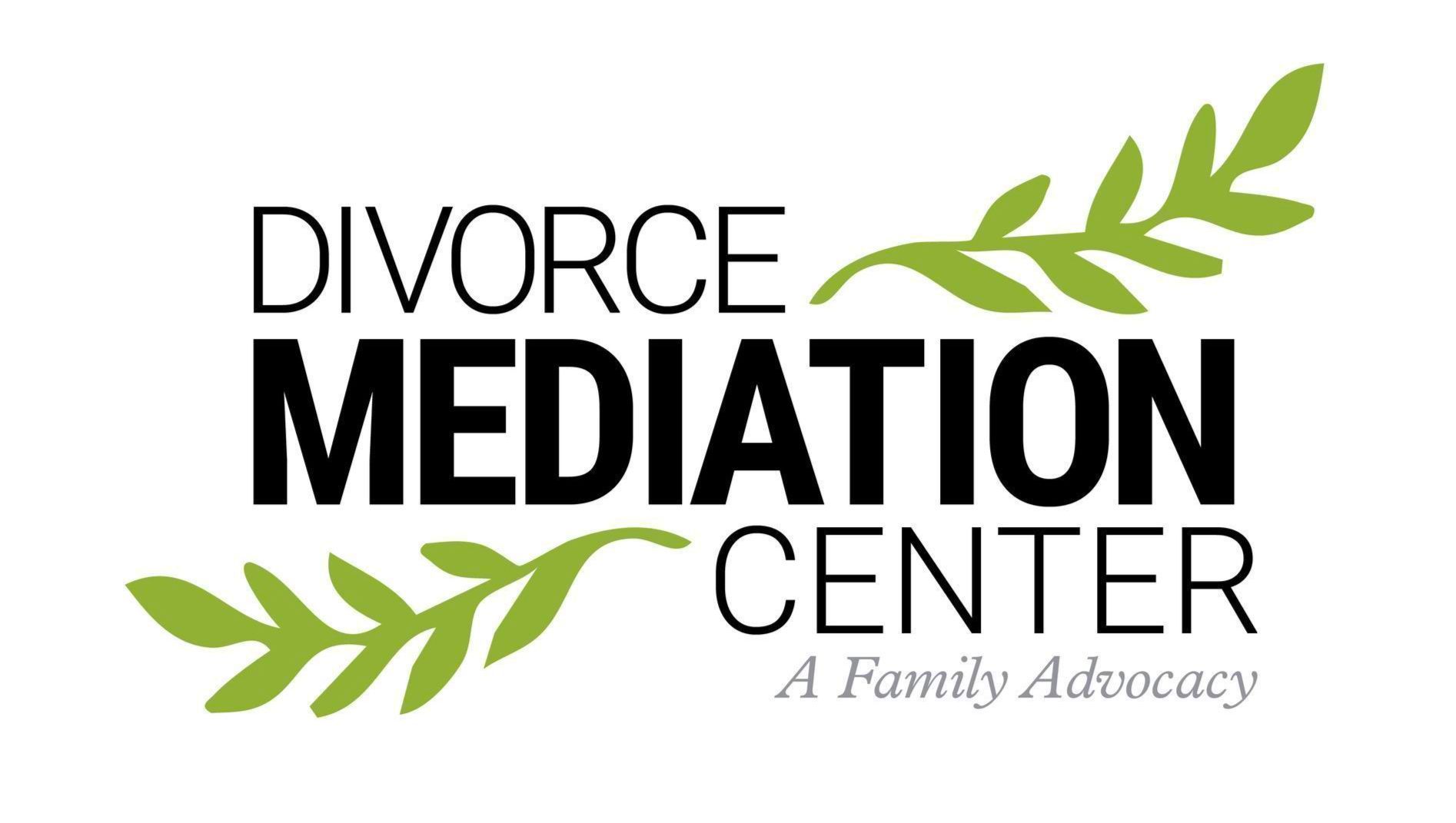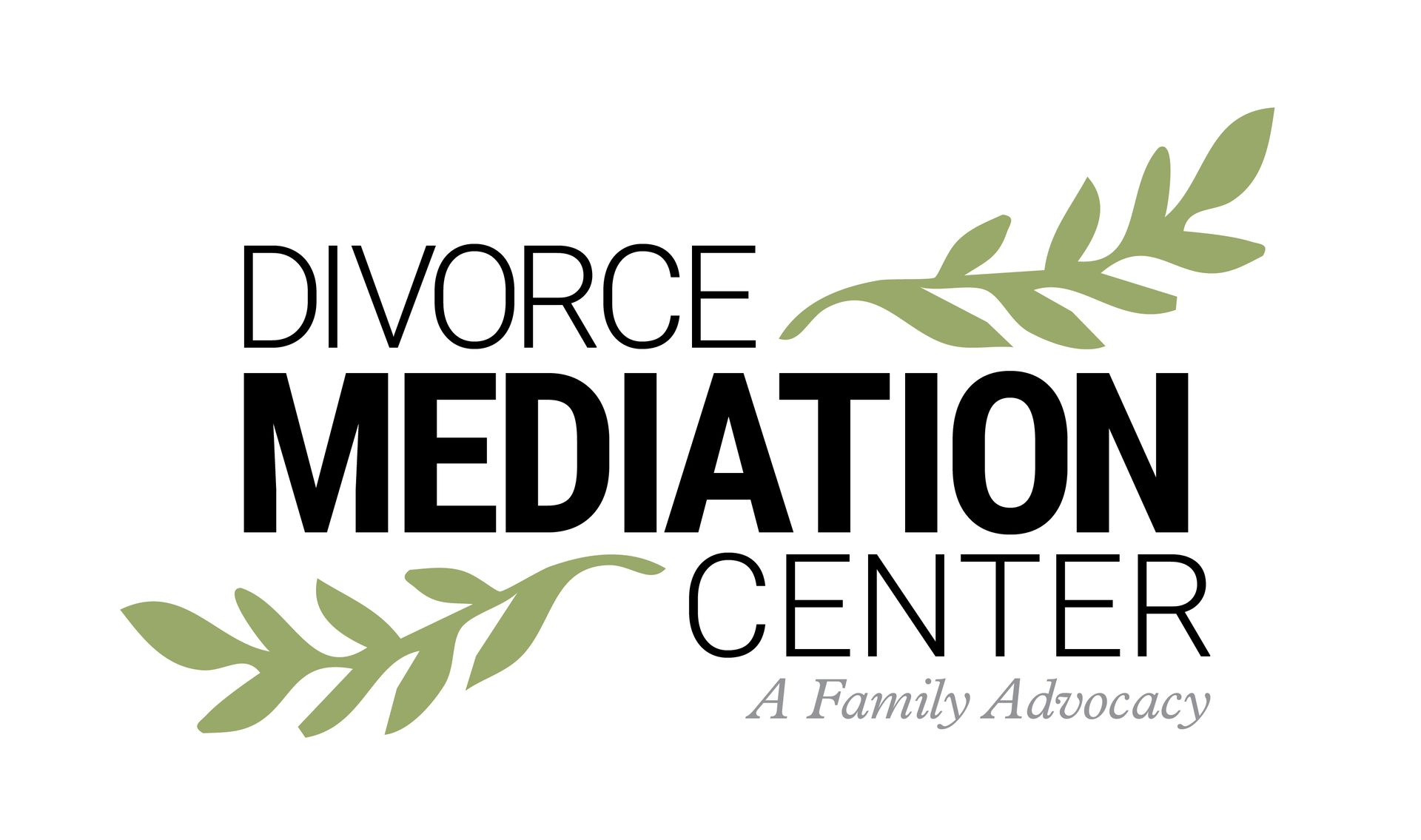Children and Divorce-Part 3
What are your Child’s rights as they experience divorce in their family?
Children’s Bill of Rights
In parts 1 and 2 we addressed what causes stress for children of divorce and how children grieve divorce, in part 3 we discuss the children’s rights that are often overlooked during conflicts between parents.
Children should never be put in the position of being a message carrier, family spy or interrogated after a visit with the other parent. They should never be told negative information about either parent, exposed to the conflict between parents or burdened with adult issues such as infidelity, dating or finances. They should never be used as a weapon or as leverage against the other parent.
High conflict divorces can be traumatic for children and parents. Trauma disrupts the child’s development and attachment to their parents and can result in regression and other behavioral changes.
Parents need to remain emotionally engaged with their children and avoid withdrawing from them. Parents need to be aware of their hostile feelings and behaviors they show to each other and take measures to ensure that this hostility is not directed at their children as misdirected emotions. Sometimes, a child may physically or behaviorally resemble the hated spouse and serve as a substitute target.
We know that parental conflict is the biggest predictor for a poor outcome for children. Children will act out, turn inward and withdraw, display poor social skills, have low self esteem and set poor boundaries with themselves and others. They may choose poor peer or intimate relationships when they mature. Prolonged stress hormones in children can actually change brain functioning that can cause symptoms that can mimic ADHD.
When divorcing, parents are concerned about their own rights as they proceed through the divorce process, but they also often confuse their rights with their children’s rights. We encourage parents to commit to respecting their children’s rights during and post divorce to ensure healthy, emotional stability and resiliency in adjusting to the changes.
Children’s Bill of Rights
As a child, I have the right to:
- Have my parents talk to me about divorce without blaming the other parent
- Know the truth about the divorce and be given simple explanations
- Be protected from parent warfare
- Receive love, guidance, patience, understanding and limits
- Be free from having to choose one parent over the other
- Be free from having to be the parent or taking over adult responsibilities
- Be free to have all my feelings without being put down or shamed
- Develop and maintain independent relationships with each parent
- Have a physically and emotionally safe environment
- Maintain relationships with extended family on both sides
- Be financially supported by my parents regardless of how much time I spend with each parent
- Be reassured that the divorce is not my fault
- Avoid being told all the painful details of legal proceedings
- Avoid being made to feel guilty for loving both of my parents and want to spend time with them
- Avoid being asked to make custody and visitation decisions
- Expect both of my parents to follow the parenting plan and keep their promises
- Be free to concentrate on my school work, my friends and activities so I can learn and grow
- Not be asked to keep secrets from either parent
- Be a kid
*This article is an excerpt from Family Divorce 101-Transitions Resource with express permission from contributors Marti Kitchens-Cobb, LMFT and Jeri Amann-Apple, LMFT, LCSW and their published/trademarked Children of Divorce Co-Parenting Seminar.
More information on this topic in our new book Family Divorce 101 -A Guide to What Divorcing Families Should Know or our book for Therapists: Family Divorce Therapy 101 -A Clinician’s Guide to Best Practices for Treating Families Pre/During/Post Divorce (Amazon)
More divorce support, advice and tips in Transitions Divorce® Prep Workbook
Disclosure of Material Connection : I have not received any compensation for writing this post. I am disclosing this in accordance with the Federal Trade Commission’s 16 CFR. Part 255: “Guides Concerning the Use of endorsements and Testimonials in Advertising.”
Disclaimer: This is my personal blog. The opinions I express here do not necessarily represent those of my organization, Transitions Resource, LLC. The information I provide is on an as-is basis. I make no representations as to accuracy, completeness, suitability, or validity of any information on this blog and will not be liable for any errors, omissions, or delays in this information or any losses, injuries, or damages arising from its use.
The post Children and Divorce-Part 3 first appeared on Divorce Mediation Center.





